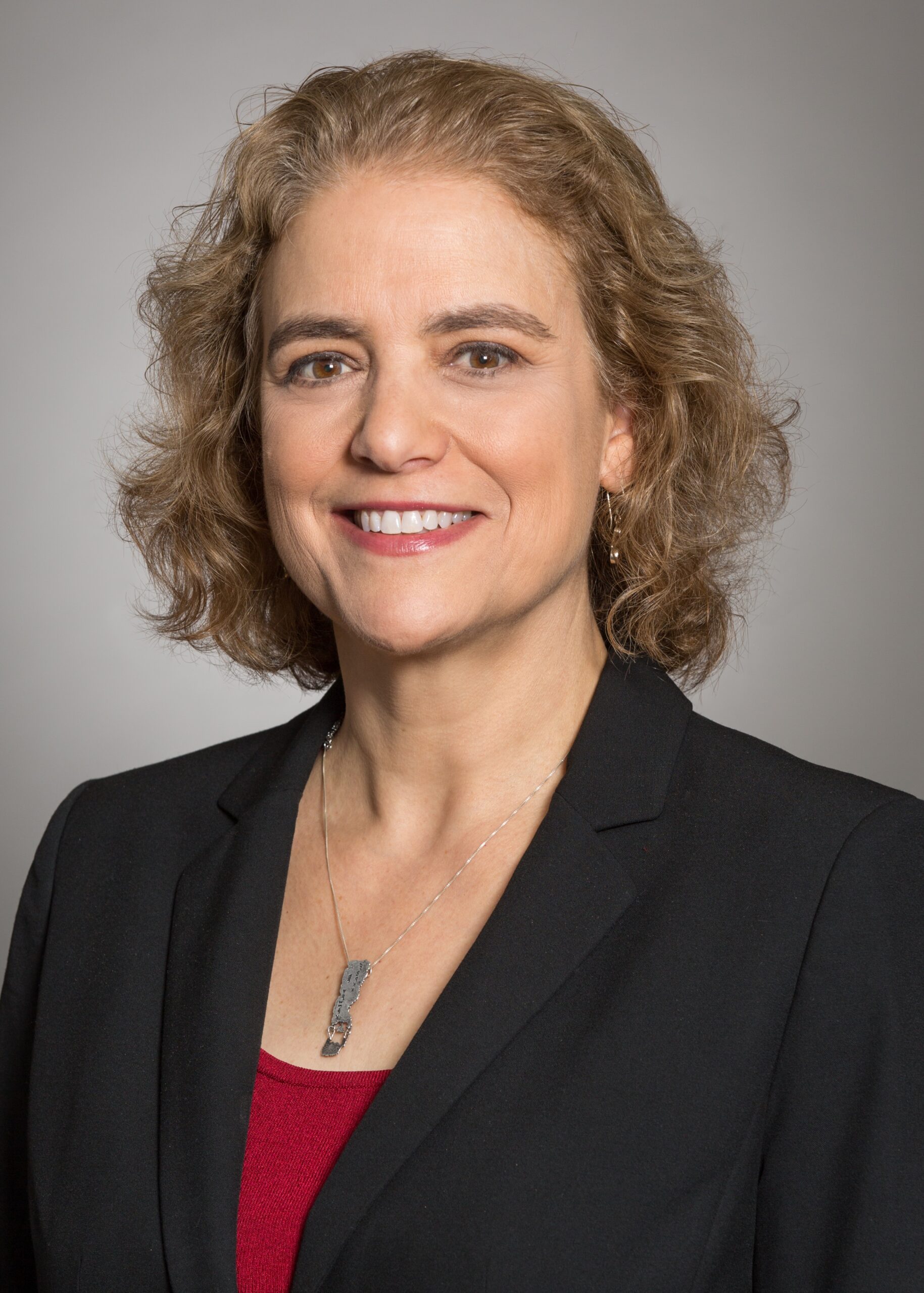97th Annual Meeting of the Pennsylvania Academy of Science Keynote Address
Developing Alternatives to Oil as Feedstocks for our Chemicals and Liquid Fuels
Dr. Karen Goldberg, Vagelos Professor in Energy Research and Chemistry, University of Pennsylvania

The call for reducing CO2 emissions and moving to renewable energy sources has never been louder than it is today. Yet shifting energy production completely to renewable sources will require identifying new feedstocks for our carbon materials. Petroleum is not only the source of our fuels, but is also the source of the chemicals that we use to make most all of the consumer goods that we have come to rely on. Our medicines, detergents, paints, plastics, fibers, fabrics, and almost everything we use on a daily basis, are currently derived from petroleum. The carbon-based building blocks used to make all these consumer goods have been available in sufficient supply and at low cost due to the economy of scale of the enormous oil refining industry. Fundamentally new pathways, from new sources, to the chemicals and liquid fuels that we depend on must be developed to successfully transition to a sustainable future. In this presentation, we will look at our current energy landscape, projections on where we are going, and then look more closely at some of the exciting strategies that our research group and others are pursuing to allow the use of natural gas and carbon dioxide to sustainably prepare our chemicals and fuels.
Karen Goldberg is the Vagelos Professor in Energy Research and Chemistry at the University of Pennsylvania (UPenn). She also serves as Director of the Vagelos Institute of Energy Science and Technology, which focuses its research efforts on providing sustainable solutions to the world’s present and future needs for energy. Goldberg earned her A.B. from Barnard College and her Ph.D. in chemistry from the University of California, Berkeley. After postdoctoral study at The Ohio State University, she served on the faculty of Illinois State University, a primarily undergraduate institution, and the University of Washington, before moving to UPenn in 2017.
Professor Goldberg is best known for her work developing mechanistic understanding of fundamental organometallic reactions and for application of that knowledge to the creation and optimization of new catalytic systems. She is an elected Fellow of the American Association for the Advancement of Science, and a member of the American Academy of Arts and Sciences and the National Academy of Sciences.